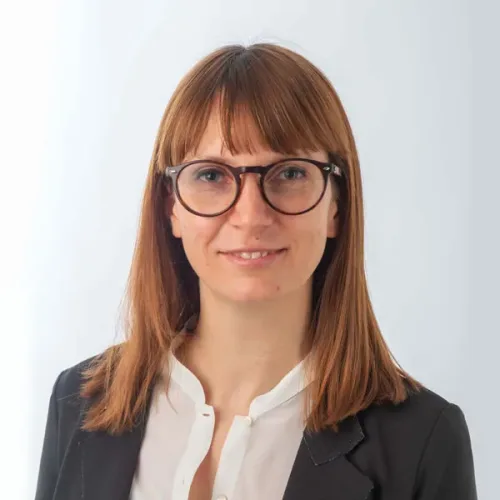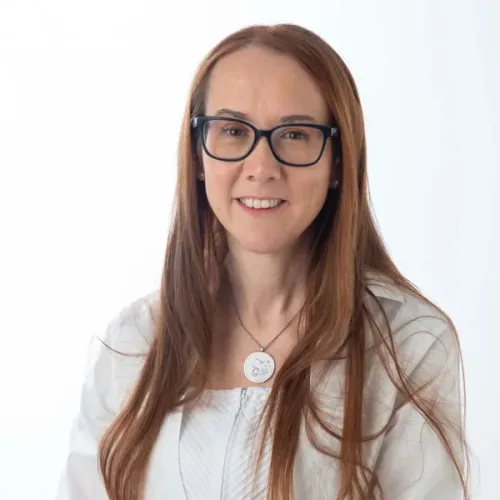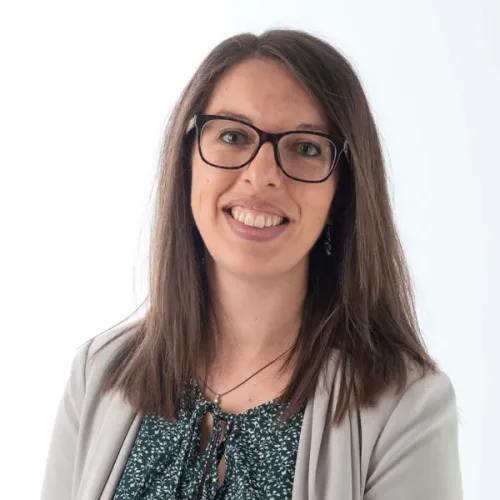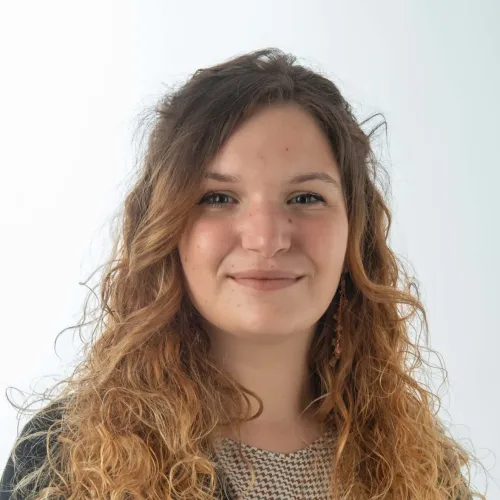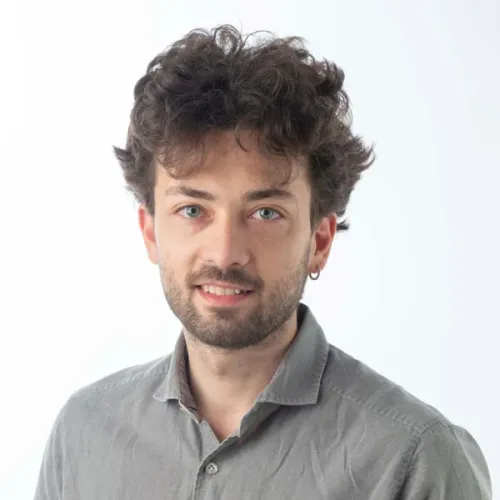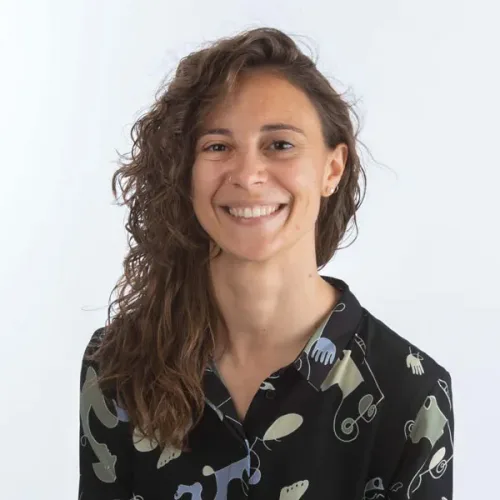In carrying out this work, Euricse has become a point of reference on the study of co-operative and social enterprises in Europe and around the world, carrying out extensive work for many international organizations and institutions, including the European Commission, the ILO, the FAO, OECD, and the ICA.
Euricse is one of the leading members of EMES (the European network of research centers on social enterprises), and Euricse’s researchers have published numerous books, papers and reports on co-operatives, social enterprises and social entrepreneurship, which have enjoyed a wide distribution at the European level and beyond.
THEORY AND MEASUREMENT

Theoretical and empirical analysis are two complementary approaches, allowing on the one hand to identify and on the other to verify the distinctive characteristics of organizational forms within the social economy. The research in this area contributes to the scientific reflection on entities, providing common interpretative bases and quantifying the phenomenon at the national, European and international levels, measuring its size and assessing its impact. This area brings together Euricse‘s studies aimed at identifying the distinctive characteristics of organizational forms within the social economy, measuring their size and assessing their social impact.
ROLE AND MANAGEMENT

Investigating the distinctive traits of social economy organizations means studying their operations, looking at the specific objectives they pursue (mutualistic and social) and their ability not only to intercept the socio-economic problems of our time, but to offer specific solutions to overcome them, describing the practices and processes that enable them to enhance community relations. This area brings together Euricse’s research projects that investigate how these organizational forms contribute to improving the quality of life of the people with whom they interact, starting from the initiation of new local development processes aimed at the community as a whole, to providing specific solutions for different issues such as, for example, the evolution of health and welfare systems, the management of migratory flows and the reception of migrants, and changes in the world of work.
SUPPORT TOOLS

Contextual elements (legal, political, social) create the conditions that enable the development of the social economy. Euricse’s research activities that investigate the necessary conditions for the successful development of the social economy fall into this area. Therefore, it groups together studies on the regulation of the social economy, tools for regulating public-private relations in the processes of entrusting services of general interest, forms of financing the social economy, and the relationship between the social economy and the traditional economy. The analyses conducted through these studies lead to highlighting best practices that can be reproduced by organizations and in territorial policies.
